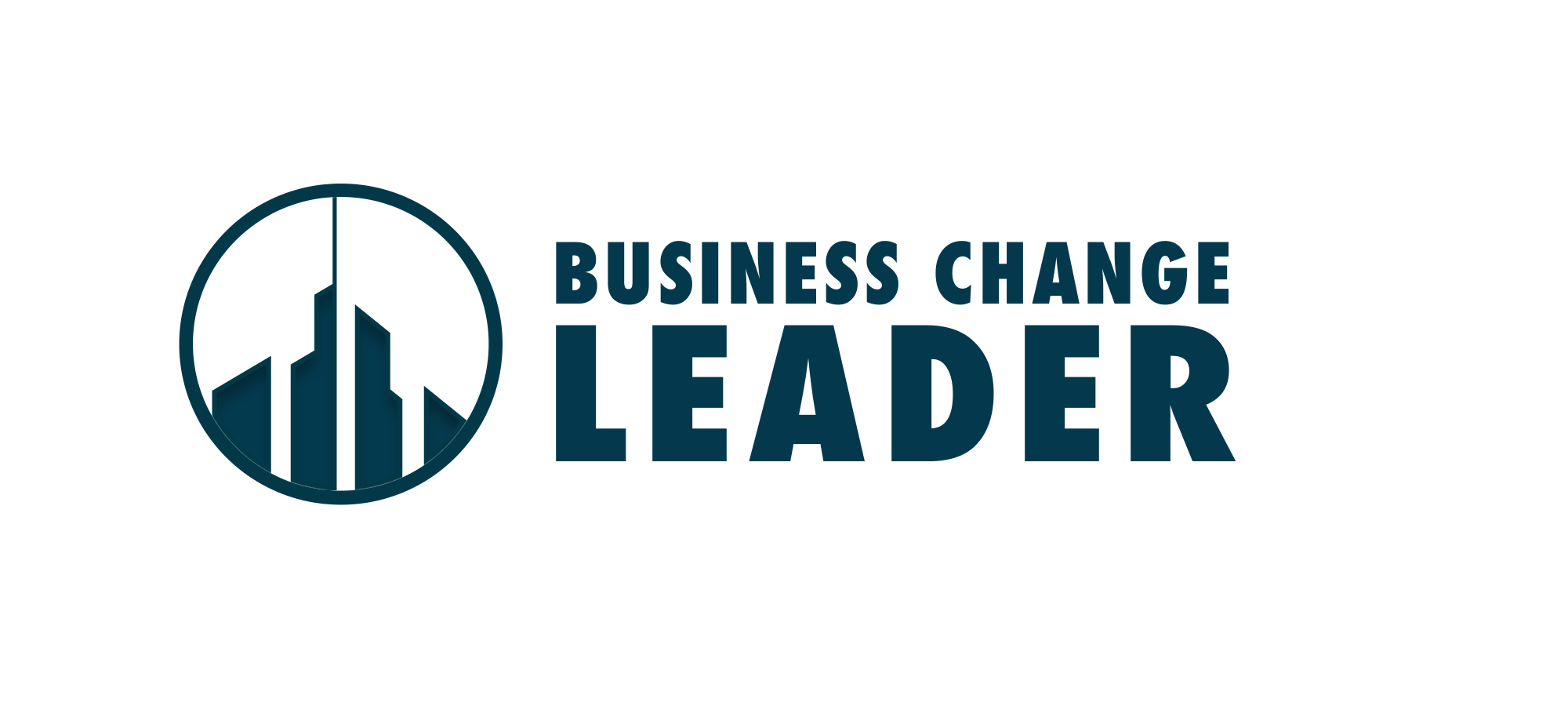Do you differentiate the type of change are you facing?
"With increased complexity comes a need for increased discipline and capability." In Beyond Change Management and The Change Leaders Roadmap, by Dean Anderson & Linder Ackerman Anderson, three different types of change are described:
- Developmental change,
- Transitional change, and
- Transformational change.
Developmental change means doing your current role better. Transitional change means doing your current role for a different "chain of authority". Transformational change means completely redefiing the orgnization, strategy, and all the associated roles, products, processes, systems, cycles, technologies, skills, and culture. With this quick definition of change established as the context, diagnosing the degree of change across these three areas is 50% of the challenge. Providing a solution is the remaining 110%!
Why is this differentation of change important? Developmental change happens everyday. A certain percentage of people seek to develop themselves naturally everyday. Business management classrooms refer to this as a "Theroy Y" management philosophy. For more on this topic check out the Wikipedia summary here. People come to work and want to do a good job, and grow themselves. Developmental change can be addressed through many traditional approaches. Give people the opportunity to make their skills better via classroom training, online training, etc. This has traditionally been supported very well by companies. I propose that classic training approaches have grown out of developmental change. It would be hard to find a person or team that does not have experience with developmental change.
Transitional change is more complex. Shepherding teams through transitional change has a greater impact on the affected companies. Examples of transitional change include being involuntarily outsourced, or "re-badged" in the IT or BPO outsourcing space, changing employers voluntarily, or even working overseas in a new culture. These transitional changes require a bit broader and more comprehensive learning experience. Learning a new language may be required for an overseas assignment. Learning new values and goals will most certainly be required in the case of voluntary or involuntary job change. All of these changes require more than a 3 day training class, an online tutorial, or podcast.
Now consider the case with Transformational change. How does an organization cope with change that redefines the orgnization, strategy, roles, products, processes, systems, cycles, technologies, skills, and culture? Where do you start? Will developmental approach work? Will transitional techniques suffice? Launching a new business in a new country is an example of transformational change. Another can be seen in with the success of Amazon's Kindle. What type of impact do you this this change has on the traditional publishing industry? One last example can be found in the newspaper industry and how they are coping with online presence vs the traditional print product.
Most likely you have developmental change in your business everyday. You may or may not have transitional or transformational. Although to compete and win in the current global busines environment, you probably are dealing with these concepts. Recognize the type of change you are facing and put different capabilities in place to address the different types of change. This simple technique will greatly assist your change activites and help your stakeholders understand their environment a little better.
